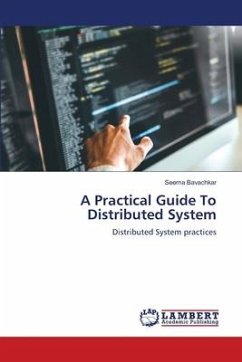Traditionally leadership in schools was characterised as being based around heroic and charismatic leaders. Yet this form of leadership has come under increasing criticism and instead "distributed leadership" is now being argued to be a more effective route for school improvement both in the UK and North America. This text explores the notion of distributed leadership in relation to the social, political and economic environment within which schools are operating in South East England. The research discussed is based around three contrasting secondary schools and examines how these differing school contexts give rise to differing responses to the distributed leadership agenda. The author proposes a new model for understanding how this form of leadership is enacted and offers new insights into the challenges facing schools that wish to put in place this whole school change.
Bitte wählen Sie Ihr Anliegen aus.
Rechnungen
Retourenschein anfordern
Bestellstatus
Storno








